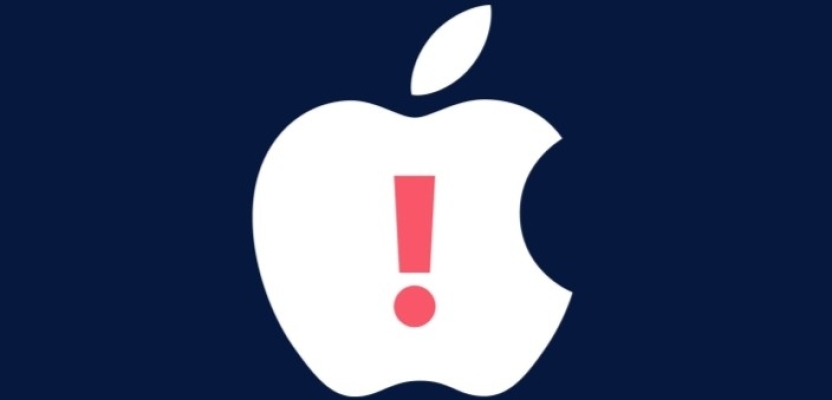ZDNET recently shared an article about exclamation points – specifically, why Apple doesn’t use them on their website.
Although it’s a small detail, creative Chris Matyszczyk believes it’s significant. Matyszczyk begins by touching on reality distortion, a term that was coined in 1981 by Bud Tribble. Originally used to describe Steve Jobs’ charisma, Matyszczyk notes that the phrase is now used to talk about ‘our reality being bent into all sorts of shapes by the likes of the Apple Vision Pro’, as well as ‘Apple’s ability to persuade ordinary people that its wares are somehow special’ – something that frustrates rival tech companies:
'“But they don’t have the features that others do,” they whined. Ah, but they did have the marketing – which, dare I suggest, lay more in the products’ design than in any single ad.
Still, most ad agencies in the world believe Apple’s marketing communications are the apogee of genius.
Please, then, let me emphasize one little thing about this alleged genius – it doesn’t use exclamation points.'
Looking at Apple’s website, Matyszczyk observes that exclamation points are absent. Instead, phrases that suggest excitement are used: ‘Mind-blowing’, ‘Head-turning’.
'Yet no need for an exclamation point because, presumably, you already get the point. Or, at least, Apple assumes that you do. Somehow, an exclamation point isn’t necessary. It exclaims that you’re trying too hard.'
In order to investigate further, Matyszczyk took a meticulous look at the use of exclamation points across 100 websites, all belonging to America’s top startups. Although there was some variation, Matyszczyk notes that ‘the majority eschewed the need to punctuate their excitement’.
Matyszczyk looked at the websites of companies such as Mobilyze, HelloBello, Babble, XFarm, Tiny Tap, and Tonal.
'I have no interest in pointing fingers, but here’s one of the top 100 startups, Mobilyze, exclaiming: “Let’s find a profitable EV charging station now!” Which it follows with: “Ready to find profitable sites? Drop us a line!”
Does the presence of those exclamation points add anything? Or might it even put you off, just a little? Does this company feel too keen, too excitable?'
HelloBello, a diaper company, used even more exclamation marks: ‘Rock the diaper change game!’, ‘Subscribe for exclusive access to super cute diaper designs!’, and even ‘Find us at a store near you!’
'If you're thinking about an exclamation point on your website, please first consider how you think it helps.'
Matyszczyk felt that this punctuation mark makes brands come across as shouty, rather than measured – and that ‘the lack of an exclamation point makes the products seem more, well, serious and important’. As it turns out, the majority of the 100 websites Matyszczyk looked at ‘followed the Apple way of measured online communication’.
Matyszczyk’s advice for your website is to let your product speak for itself: ‘Sell, don’t shout’.
'Ultimately, people don’t really care about your product. It’s your job to intrigue, fascinate, and make them feel something unusual.
Does an exclamation point do that? Or do you merely think ululating attracts attention?'
Of course, not everyone will agree with Matyszczyk – who acknowledges that some people feel that the exclamation point is ‘an everyday – if not always meaningful – element of contemporary communication’.





Nigel Allen March 30th, around noon
I remember being told you are allowed one exclamation mark per article but I think you are right, it's one too many